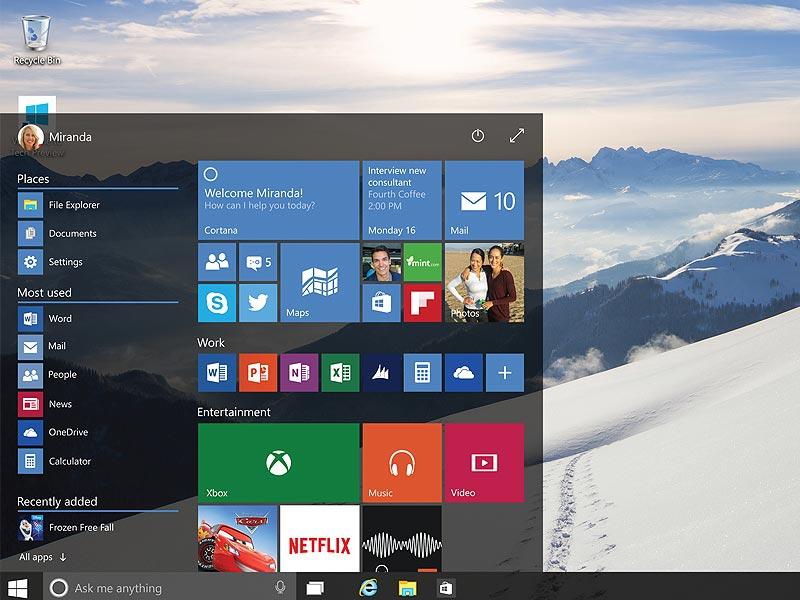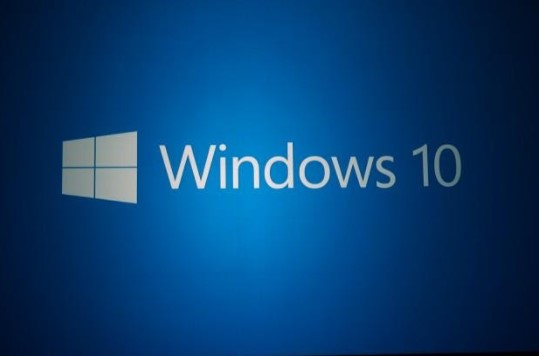



In partnership with our OEM and silicon partners, we will be enabling VBS and HVCI on most new PCs over this next year. “While we are not requiring VBS when upgrading to Windows 11, we believe the security benefits it offers are so important that we wanted the minimum system requirements to ensure that every PC running Windows 11 can meet the same security the United States Department of Defense (DoD) relies on. This isolation limits the degree to which a given hack or exploit can compromise the system’s security.Īccording to a statement by the Windows Team in August, 2021: Using hardware virtualization features, VBS creates and isolates a secure petition of memory from the rest of the OS to manage sensitive data or processes. These specs enable Windows 11 to take full advantage of a feature known as virtualization-based security (VBS).

Windows 11 requires an advanced 64-bit, 1 GHz processor with virtualization extensions and two or more cores (e.g., 8th generation Intel processor, AMD Zen 2, or Qualcomm 7 or 8 Series). But give Nixon a break, too: He made an enthusiastic, throwaway comment that ended up being understood as company policy.CPU requirements and virtualization-based securityĪmong the more onerous mandates for upgrading to Windows 11 are the CPU requirements. So yes, right now it appears that Nixon’s statement was wrong, and that Microsoft does plan to move on from Windows 10. Expecting Windows to carry forward “Windows 10” until the end of time, though, was likely unrealistic. Microsoft will patch it, and likely continue to add featurrs, whatever it is - “Windows as a service” isn’t going away. Windows 11 is still Windows, and it’s still Windows 10, much like Windows 10 carried forward elements found within Windows 8. Really, though, Windows 11 is a branding exercise. (We think this is unlikely, but we don’t know for sure.) The company hasn’t provided any context for what Microsoft chief executive Satya Nadella calls “ the next generation of Windows.” We simply don’t know whether Windows 11 will be the foundation for Windows going forward, or whether this is a parallel development track like Windows 10 S, for example. Microsoft has yet to acknowledge Windows 11.


 0 kommentar(er)
0 kommentar(er)
